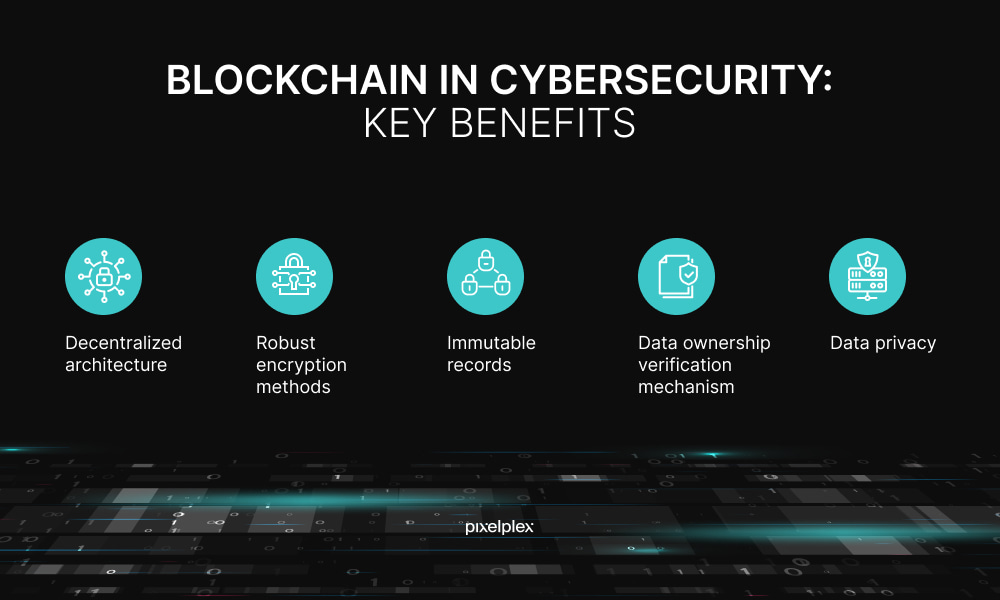Blockchain technology is often associated with cryptocurrencies like Bitcoin, but its applications extend far beyond digital currencies. Blockchain’s decentralized and immutable nature makes it an excellent tool for enhancing cybersecurity. This post will explore how blockchain technology can be leveraged to improve security across various industries.

How Blockchain Enhances Security
Blockchain’s core structure—decentralization—means that there is no single point of failure. Data stored on a blockchain is distributed across multiple nodes, making it extremely difficult for hackers to alter information without being detected. This decentralized approach significantly reduces the chances of data breaches and tampering.
Applications of Blockchain in Cybersecurity
Blockchain can be used in various cybersecurity applications, including securing Internet of Things (IoT) devices, protecting data integrity, and ensuring secure transactions. For example, blockchain technology can ensure that software updates for IoT devices are authentic, preventing attackers from distributing malicious updates. Additionally, blockchain can help verify the integrity of data, ensuring that it has not been altered or corrupted.
Identity Management and Authentication
One of the most promising applications of blockchain in cybersecurity is in identity management. Blockchain-based systems can provide secure, decentralized authentication, reducing the risk of identity theft and fraud. Instead of relying on centralized databases, which are prime targets for hackers, identity data is stored on a blockchain, where it can be verified without being exposed to potential vulnerabilities.
Challenges of Blockchain Adoption
While blockchain offers numerous security benefits, its adoption is not without challenges. Scalability remains a significant concern, as blockchain networks can be slower than traditional systems when handling large amounts of data. Additionally, blockchain is still a relatively new technology, and many organizations may lack the expertise to implement it effectively.
Conclusion
Blockchain holds immense potential for strengthening cybersecurity, particularly in areas like data integrity, identity management, and secure transactions. However, to fully realize these benefits, organizations must address the challenges of scalability and complexity, ensuring that blockchain technology is implemented effectively and securely.